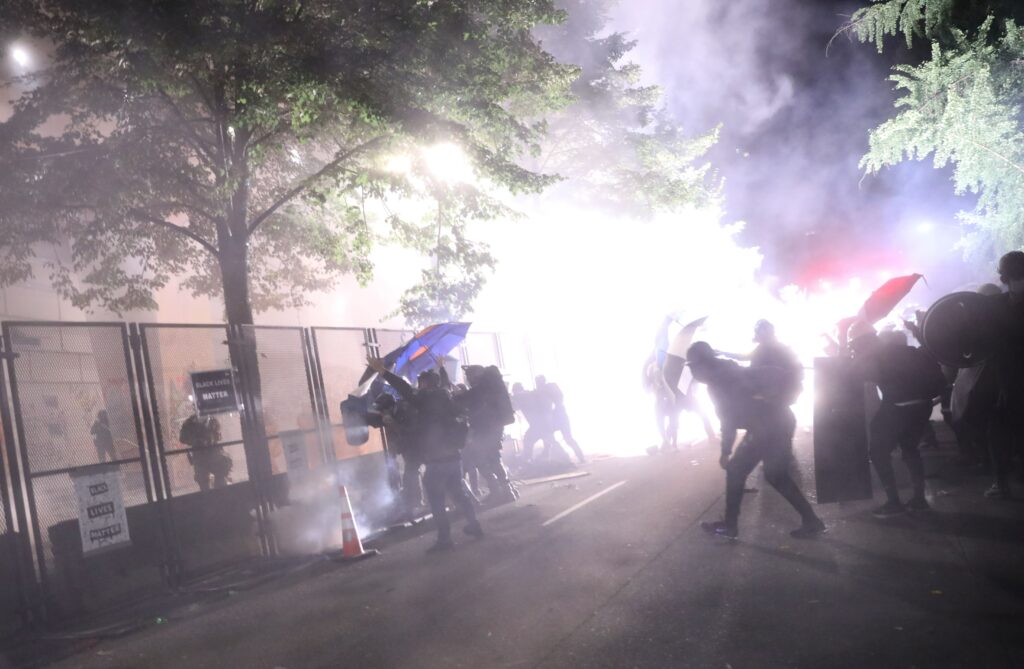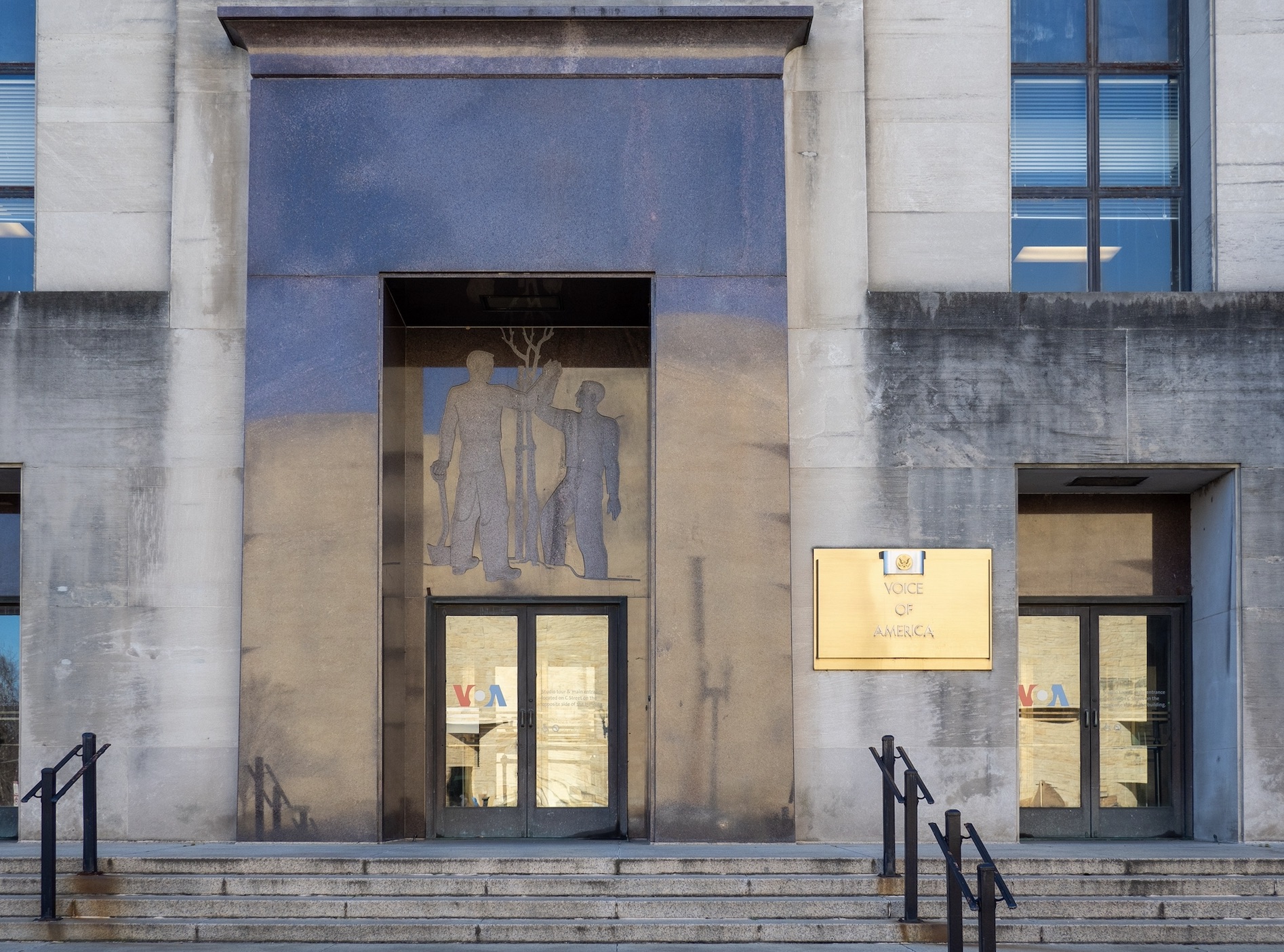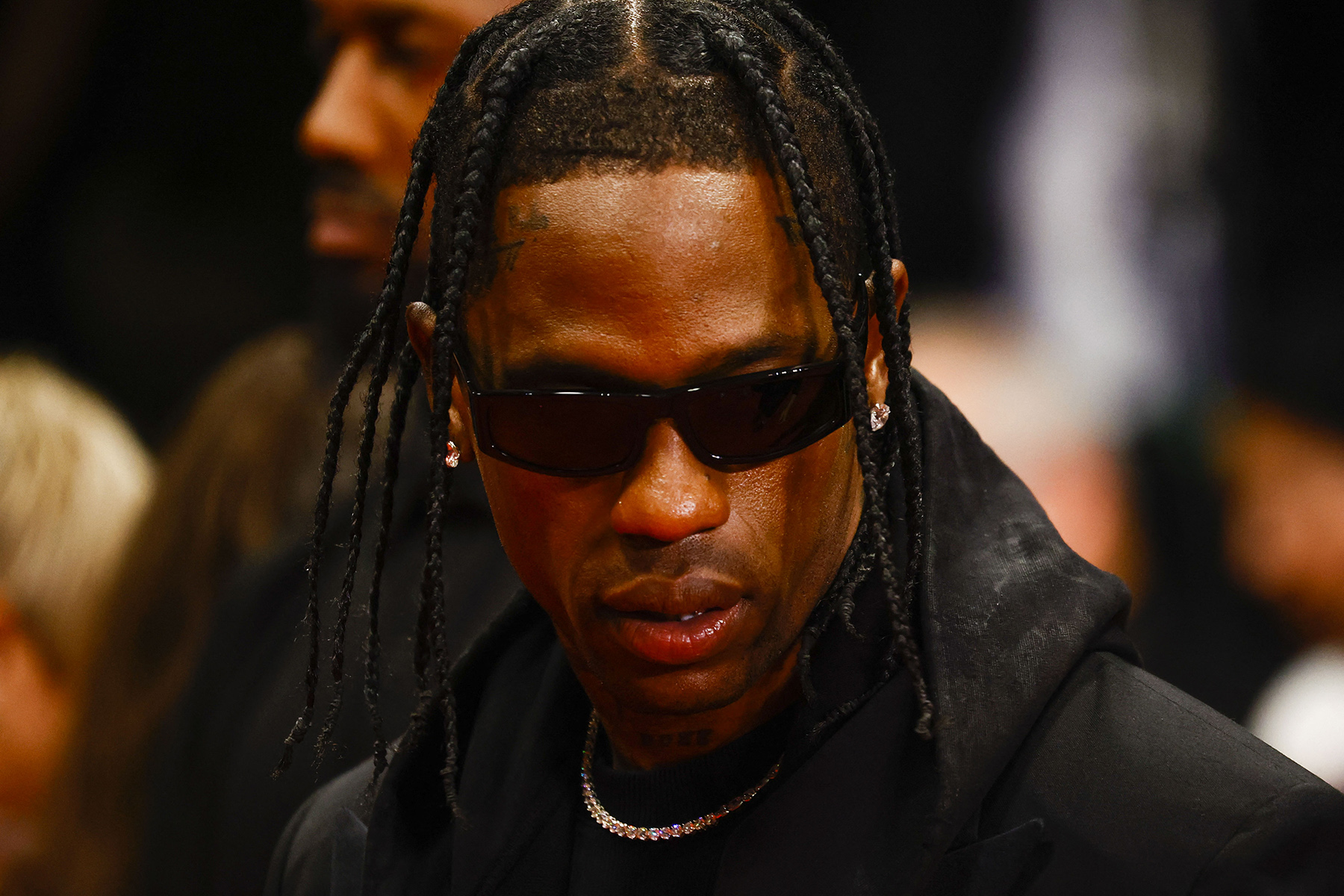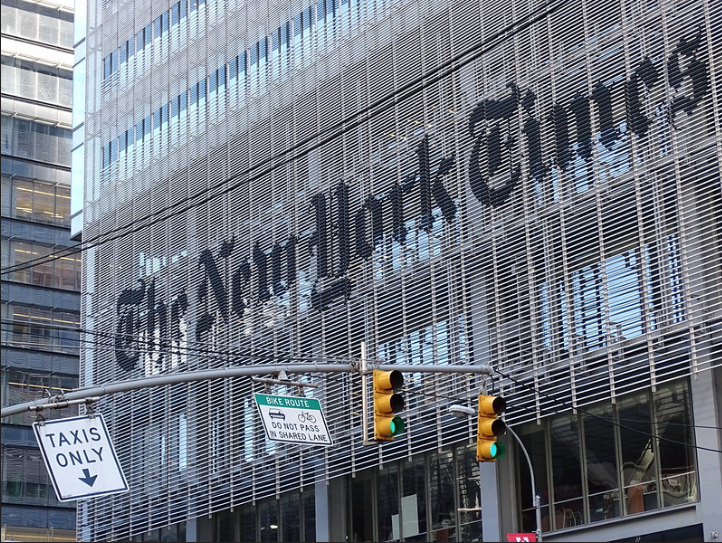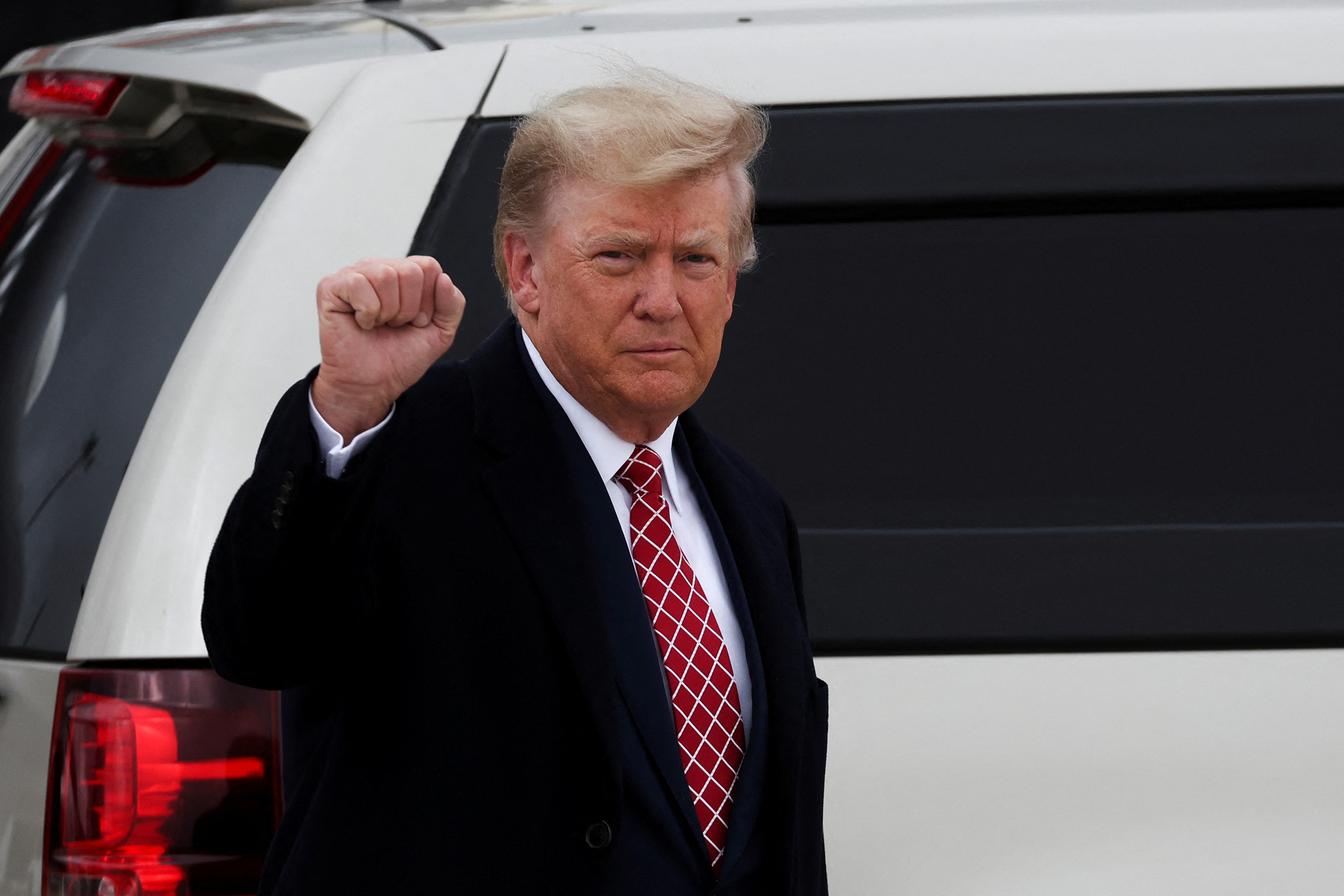On August 27th, the United States Appeals Court for the Ninth Circuit overturned a lower court’s injunction exempting journalists and legal observers from dispersal orders in Portland, Oregon.
See previous story: Federal Agents Ordered to Stop Using Force, Threats, and Dispersal Orders Against Journalists in Portland
In a 2-1 decision, the Ninth Circuit wrote that the lower court’s restraining order was too broad because it failed to specify who qualified as a journalist or legal observer. In previous hearings, the federal government had argued that differentiating between journalists and protesters was especially difficult given that some protesters wear press insignia to avoid the police’s crowd control tactics.
The dissenting judge argued that the government had failed to demonstrate how the injunction would cause an emergency, given that it had already been in place for more than a month.
The original injunction arose from a class action lawsuit the American Civil Liberties Union of Oregon filed against the U.S. Department of Homeland Security, the U.S. Marshals Service, and the City of Portland in July. The lawsuit alleged that federal agents who had been sent to guard federal property were deliberately targeting reporters and legal observers in an effort to discourage them from documenting agents’ aggressive actions towards protesters.
On July 23rd, the U.S. District Judge Michael Simon issued a restraining order prohibiting federal agents from “arresting, threatening to arrest, or using physical force” against journalists or legal observers covering protests in Portland. On August 20th, Simon extended the order and added other provisions including a requirement that all federal agents wear identifying markings.
A central question that emerged from the lawsuit was whether journalists and observers should be allowed to remain in an area even after police have issued a general dispersal order. In a hearing on August 18th, ACLU attorney Matthew Borden argued that the press retained a distinct First Amendment right to document protests separate from the general public’s right to assemble.
“Protesters are asserting a right to assemble and demonstrate. Press are asserting a different right, which is to record and observe. The idea is that these people are using a public forum at the same time to do two different things,” Borden said.
The Ninth Circuit disagreed, writing that there was no legal basis for exempting journalists and legal observers from general dispersal orders. The appeals court did not overturn all provisions of the restraining order: it left in place the rule requiring agents to wear identifying markings.
Tags
